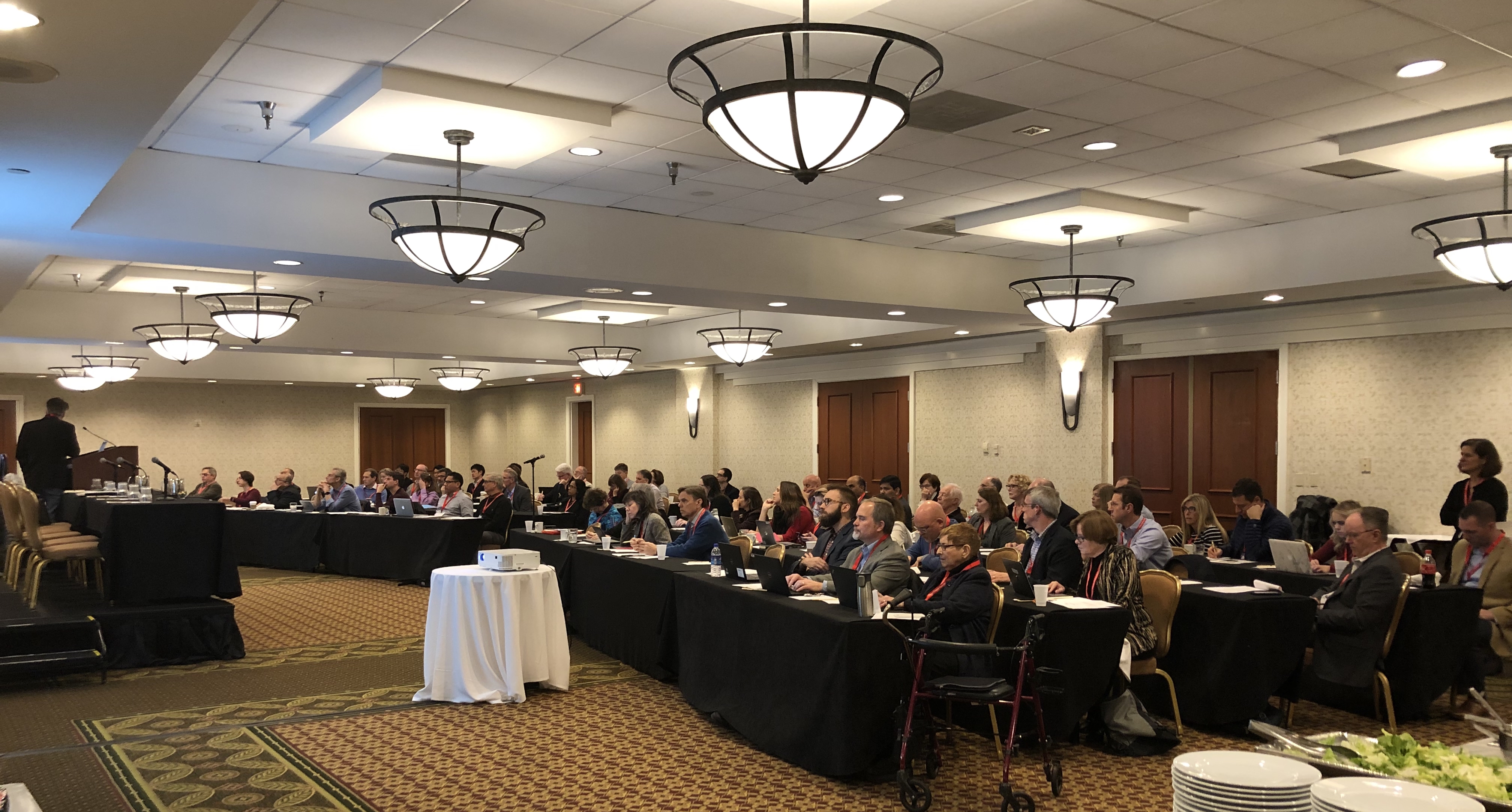
Steroids. If you are part of this community, you probably have strong feelings about steroids in Duchenne – feelings that can vary in range on any given day. But steroids are standard of care according to the Care Guidelines published by the CDC and an important medical intervention used to treat people living with Duchenne. Steroids help address the inflammation in Duchenne that results from a lack of dystrophin. But as we all know, however, steroids can come with side effects.
PPMD – along with a Steering Committee of leading experts, including Jim Tidball, PhD (University of California, Los Angeles); Kanneboyina Nagaraju, DVM, PhD (Binghamton University); Basil Petrof, MD, FRCPC (McGill University Health Centre – Research Institute); Denis Guttridge, PhD (Medical University of South Carolina); Elizabeth McNally, MD (Northwestern University); and Tom Cheever, PhD (NIH-NIAMS) – has put together a day and half meeting titled Inflammation in Duchenne: Current and New Treatment Strategies to better understand the therapeutic landscape when it comes to treating inflammation in Duchenne and to answer some important questions:
- When does inflammation begin and does it change over time in Duchenne?
- What are the pathways targeted by steroids and should the dose/regimen change over time?
- Are there additional ways to target pathways involved in the inflammatory process?
- Are there viable alternatives to steroids?
- What else could treat inflammation in Duchenne?
- How are other inflammatory pediatric diseases managed? Might we learn from them?
- Are there potential therapeutics out there that we might apply to Duchenne?
Other expert speakers joining us for discussion include the FDA, academics, clinicians, and industry researchers with emerging therapeutics. While data suggest that steroids can delay loss of ambulation and subsequently other important milestones, steroids affect many other systems while controlling the inflammation. PPMD believes that, ultimately, Duchenne will be treated by a combination of therapeutics. The goal of the meeting is to identify and fund further development of anti-inflammatory treatments which can be used on their own and in combination with the many promising therapies that are on our horizon.
PPMD will provide a full community update on this meeting, including next steps that are identified, early in the New Year.



 by: Parent Project Muscular Dystrophy
by: Parent Project Muscular Dystrophy

